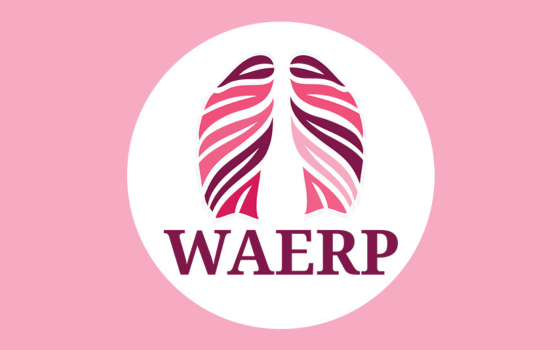Search

Changes in airway inflammation with pseudomonas eradication in early cystic fibrosis Background: Neutrophil elastase is a significant risk factor for

Microbiomic Analysis on Low Abundant Respiratory Biomass Samples; Improved Recovery of Microbial DNA From Bronchoalveolar Lavage Fluid In recent

Rhinovirus infection drives complex host airway molecular responses in children with cystic fibrosis TEarly-life viral infections are responsible for

Gene modifiers of cystic fibrosis lung disease: A systematic review Background: Lung disease is the major source of morbidity and mortality in cystic

Association of Antibiotics, Airway Microbiome, and Inflammation in Infants with Cystic Fibrosis Abstract Rationale: The underlying defect in the

Predicting disease progression in cystic fibrosis ABSTRACT Introduction: Progressive lung disease is the major cause of morbidity and mortality in

Quantification of CT bronchiectasis and its relationship to ventilation in cystic fibrosis Editorial by Tim Rosenow

The effect of 100% oxygen on tidal breathing parameters in preschool children Does 100% oxygen change the way children breathe? The multiple breath

If you have any questions or would like more information about the Western Australian Epithelial Research Program (WAERP), please click here to access our contact details.
We've provided some tips and strategies straight from the Beacon app for issues that families are commonly facing when navigating the online world.
